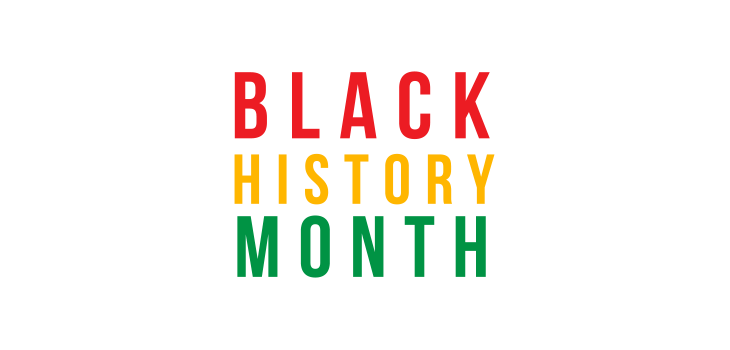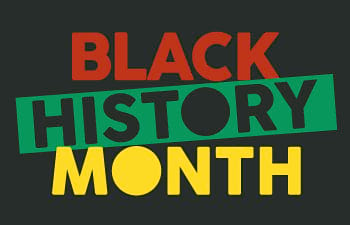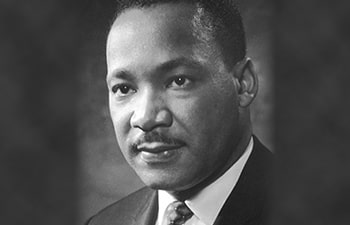February is designated as Black History Month in the United States. This special time gives people across the country the opportunity to showcase and celebrate the many achievements and contributions of Black and African Americans.
Why Was February Chosen for Black History Month?
On September 9th, 1915, Carter G. Woodson, an alumnus of the University of Chicago and a Harvard-trained historian, formed the Association for the Study of Negro Life and History (ASNLH). In 1925, he and the Association announced Negro History Week. The event was first celebrated in February 1926, a month that included the birthdays of both Abraham Lincoln and Frederick Douglass – two men who greatly influenced black history.
In 1976, during the nation’s bicentennial, the celebration was extended to a month. Since that historic moment, each American president has issued Black History Month proclamations. Today, February is active with Black History tributes and events at libraries, universities, museums, individual communities, and national level groups such as the Library of Congress, the National Archives and Records Administration, and the National Endowment for the Humanities, among others.
Notable Contributors to Black History
Most people have studied and reviewed the remarkable achievements of Martin Luther King, Jr., Harriet Tubman, Mae Jemison, Barack Obama, Muhammad Ali, and other prominent black figures who deserve our nation’s praise. Yet there are so many more throughout history who we often don’t hear about. Below are just a few.
Elijah McCoy: McCoy secured over 50 patents in his lifetime. He invented everything from the locomotive lubricator to the lawn sprinkler. Interestingly, “the real McCoy” is a familiar phrase that means, “the real thing,” which is still used today.
Shirley Chisholm: Chisholm became the first Black woman elected to Congress. She represented New York’s 12th District from 1969 to 1983, and in 1972, she became the first woman to run for the presidential nominee in the Democratic Party. Her prescient campaign slogan was: “Unbought and Unbossed”.
Dorothy Height: Height is known as the “godmother of the women’s movement.” She used her experience in education and social work to expand women’s rights. She was a trailblazer in the Young Women’s Christian Association (YWCA) and the president of the National Council of Negro Women (NCNW) for more than 40 years.
Robert Sengstacke Abbott: Abbott played a critical role in spreading the voice of Black people by founding the Chicago Defender weekly newspaper. Along with his vision, the newspaper played an important role in inspiring African-Americans to move away from the South for better economic opportunities.
Jane Bolin: Bolin became the first Black woman to attend Yale Law School in 1931. In 1939, she became the first Black female judge in the United States where she served for 10 years. She also served on the boards of the NAACP, Child Welfare League of America, and the Neighborhood Children’s Center.
Gwendolyn Brooks: Brooks was the first Black author to win the Pulitzer Prize in 1950. She also served as poetry consultant to the Library of Congress, becoming the first Black woman to hold that position. Her poems “reflected the political and social landscape of the 1960s, including the civil rights movement and the economic climate.”
There are many other unsung heroes throughout Black history. A quick Internet search will help you and your children find additional individuals that you can celebrate. This research will provide a great opportunity for writing essays, presenting oral reports, and singling out topics for a wide-range of educational activities. Also, check out these ideas as you integrate Black History Month lessons into your homeschool schedule.
Black History Month is an opportunity to discuss and explore the rich history, culture, and tremendous contributions and achievements of Black and African Americans with your children. In doing so, we are honoring those who fought and struggled for freedom and their rights as Americans and celebrating notable figures in the United States today.
Read more about key figures and events in African-American History:










this was very nice! thank you for the contribution to black history!
You’re very welcome!
Thank youThe Time4Learning Teamfor included black history month!!!
You’re very welcome! Please be sure to share!